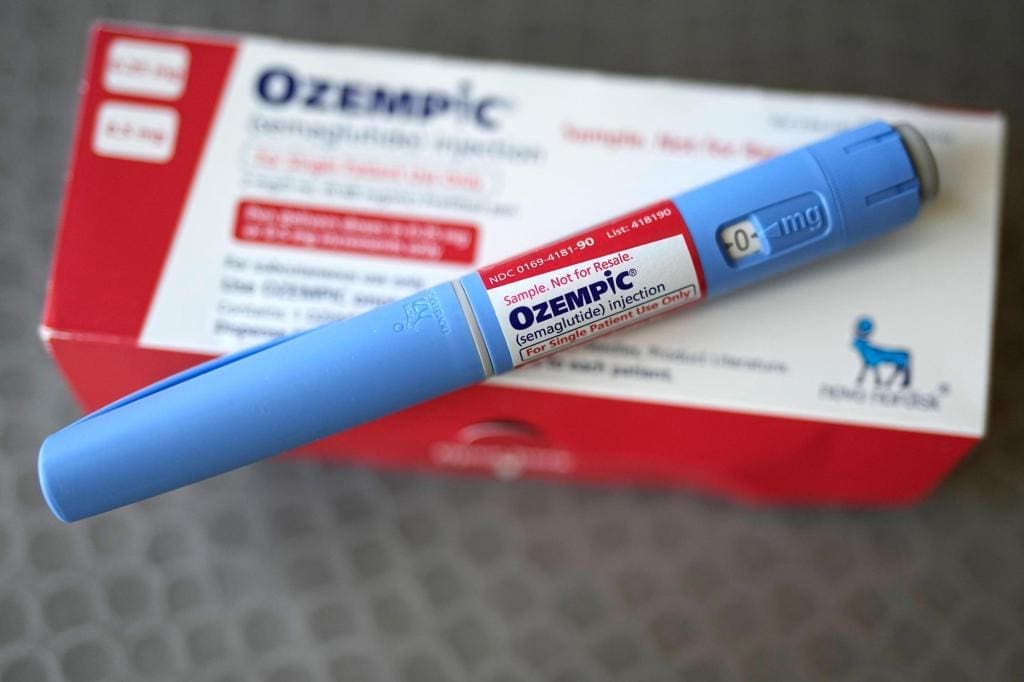The year 2024 marked a significant shift in Florida as an estimated million residents began using weight-loss medications, reflecting a broader national trend towards medical solutions for obesity.
According to the Gallup National Health and Well-Being Index, approximately 15 million adults across the United States have used injectable medicines for weight loss. This uptick in usage has corresponded with a notable decrease in the national obesity rate. Research published in the JAMA Health Forum indicates this is the first such decline in over a decade, particularly among women and adults between the ages of 66 and 75.
In Florida, the rise in popularity of these medications has been accompanied by regulatory changes and market expansions that have facilitated broader access. Notably, the state’s prescribing requirements ensure that patients are adequately informed and monitored, demanding a body mass index of 30, informed consent, and quarterly follow-ups.
Several GLP-1 medications have received FDA approval explicitly for treating obesity, including Wegovy, Zepbound, and Saxenda. Meanwhile, medications like Ozempic, Mounjaro, and Rybelsus remain approved solely for Type 2 diabetes. Dr. Raul Rosenthal of Cleveland Clinic Weston Hospital anticipates that more people will use these or similar medications in the coming years due to their proven efficacy and safety.
Despite their efficacy, the cost of these medications poses a challenge for many. Without insurance coverage, prices can soar above $1,350 for a month’s supply. Consequently, some patients opt for surgical interventions, which may be more financially viable long-term. Dr. Rosenthal notes encountering numerous patients seeking surgery because of the prohibitive cost of medication.
The high demand has also fueled a market for compounded, lower-cost versions of these drugs through wellness centers and medspas. This trend has raised concerns about the safety and quality of these alternatives. Dr. Brett Osborn has expressed apprehension about potential risks associated with non-pharmaceutical-grade products, stressing the need for regulated production and oversight.
To sustain weight loss, users of anti-obesity drugs may need to continue their regimen indefinitely and ensure a protein-rich diet, especially since abandoning the medication often results in regaining the lost weight, sometimes with additional pounds.
Looking ahead to 2025, there are several emerging developments surrounding these medications. The FDA recently approved Zepbound for treating obstructive sleep apnea, while studies are investigating whether semaglutide-based weight-loss medications might also reduce Alzheimer’s disease risk among those with type 2 diabetes. However, concerns linger about potential side effects, such as a new eye condition linked to Ozempic and Wegovy.
As Floridians increasingly turn to medical options to address obesity, the trends of 2024 highlight both the potential and the challenges of using pharmaceuticals for weight management. With regulatory advancements and ongoing research into these medications’ broader benefits and risks, the coming years will be crucial in understanding their long-term impacts on health.
Source: Sun-sentinel












